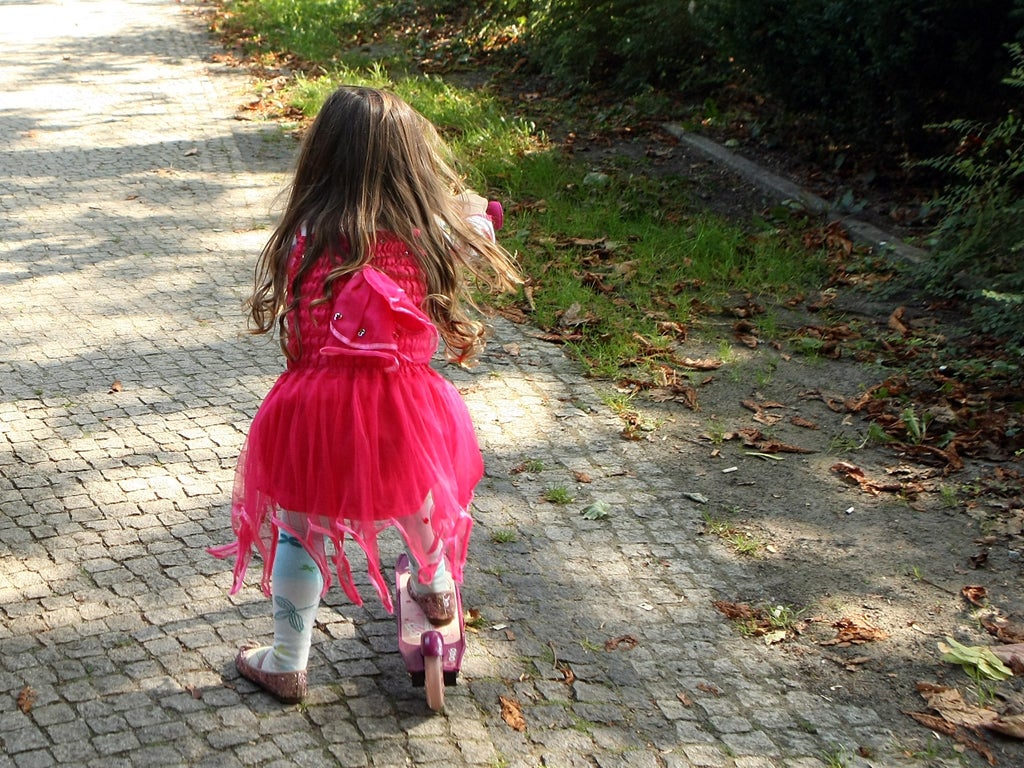Children in care: When a child’s home is provided by the state, they should be able to feel safe
Some of the most vulnerable children in society are neglected and abused in the one place they are supposed to be protected.

Earlier today, Barnardo’s vice president Baroness Floella Benjamin, OBE, addressed the House of Lords with these concerns.
There are currently more than 6,000 children in residential care homes; they are often the most vulnerable children, with the highest levels of need.
These children do worse on a whole range of measures, including educational achievement and social well being, than other children in the care system – that is, those who are being fostered or who have been adopted.
This is not to argue against the use of residential care, for some, it is the most appropriate, and sometimes only, option. But I am particularly concerned about the vulnerability of young people in residential care to sexual exploitation. This is an issue that has gathered much attention in the media recently, but which Barnardo’s has been working on for several years.
Barnardo’s services, work with young people who have been exploited and they hear of how men wait outside care homes to befriend these unwitting children. They befriend them with gifts and feigned kindness, waiting for the child to fall in love with them before abusing them.
I want to be clear what I am talking about here. The term sexual exploitation is a euphemism. We are talking about young people being manipulated by predatory abusers, often with the involvement of drink and drugs, and then being raped, often repeatedly.
One 15 year-old girl whom Barnardo’s worked with had gone missing from her residential care home. Eventually, she revealed what was happening to her. A man aged 33 – more than twice her age, had been taking her away, abusing her, tying her up, taking videos of her and posting them on the internet.
Barnardo’s hears of how other children return to their care homes with severe medical damage from the rape that they have experienced.
This all makes me weep and it shames us as a society that we allow this horror to happen.
Organisations like Barnardo’s do a lot to repair the damage that is done to young people. But where a child’s home is provided by the state, they should be able to feel safe there especially as many of these vulnerable children have already been through abusive and traumatic experiences in their young lives.
We need to look at who is charged with the responsibility of looking these children. I find it greatly concerning that there is such a low qualification standard required to work in a residential care home. Under-qualified staff may have excellent experience, empathy, and interpersonal skills. But specialist qualifications would, if administered correctly, only add to these skills.
The National Minimum Standards are welcome, but surprisingly they are not a requirement. So we must ensure that the best practice becomes common practice.
All staff should be trained to recognise the signs of sexual exploitation – for example prolonged or unexplained absences from the care home, or frequently having unexplained gifts or money - and how to respond to it effectively.
A map of locations of children’s homes published in the Times earlier this year shows the clustering of homes in certain areas of the country and demonstrates that the majority of care homes are located in areas where property is cheapest.
It cannot be right for the price and availability of property to be the key determinant in where residential care is placed. We clearly should not be putting our most vulnerable young people into areas of high crime, drug use and established sex industries, where it will be easier for them to be preyed upon.
There is considerable scope for alternative forms of provision. For example, Barnardo’s is piloting a project which involves using specialist, highly trained foster carers to care for children who are most at risk of sexual exploitation. The Government has supported this time-limited pilot and I would encourage them to consider how this can be continued and to consider other innovative approaches.
Improving the experiences of young people in residential care is not a simple matter. There is certainly no magic bullet.
But we have an absolute moral and social duty to do everything we can to care for children who have no-one else to care for them.
The Government has shown real leadership with its publication of an action plan on child sexual exploitation.
But we are only at the beginning of a long road and I urge the Government to consider this matter very carefully and to act decisively and with urgency to protect the most vulnerable children in society… they deserve it.

Join our commenting forum
Join thought-provoking conversations, follow other Independent readers and see their replies